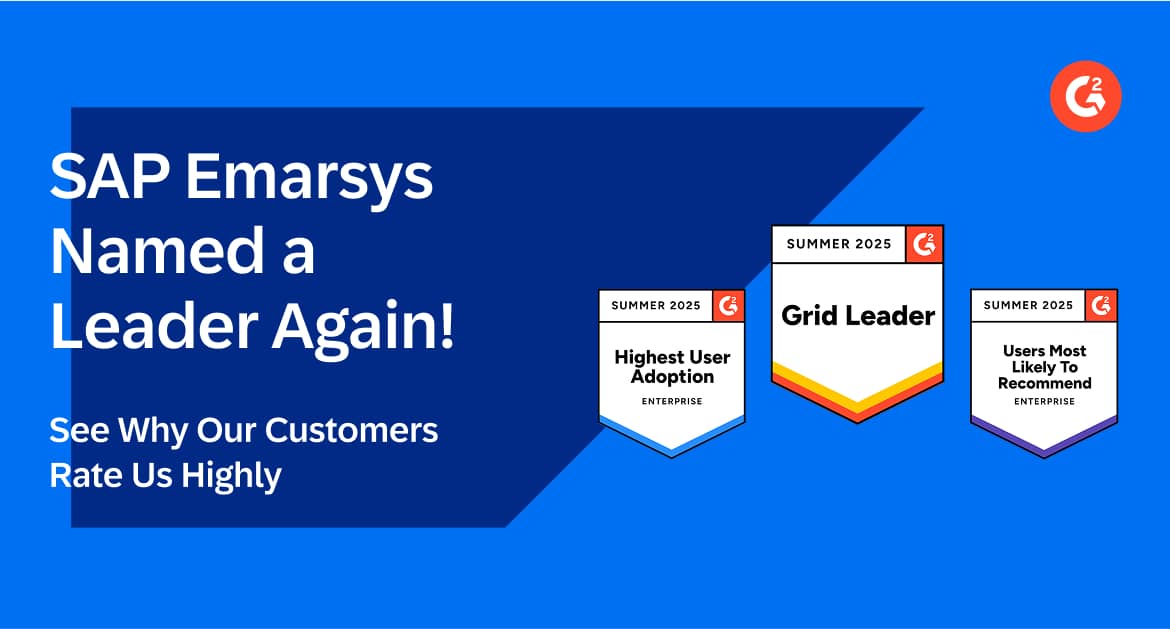Time spent on the mobile device continues climbing. Data reaffirms it, but practically all you need to do is look up whenever you’re out. Consumer attention via the mobile screen is today’s foremost digital currency.
The mobile device is the #1 vehicle consumers use to interact with brands. Are our phones taking over our lives? Or are they just really convenient, portable information pods connecting consumers to the IoT?
For better or worse, brands need to understand why mobile engagement matters and how to engage audiences across multiple use cases including SMS, in-app messaging, push notifications, and more.
Why Mobile Engagement Is Important
The mass movement to mobile has happened at such a pace that it’s left marketers with figurative whiplash. The trend began gaining momentum with the advent of smartphones and quickly accelerated over the past several years.
For many companies, mobile has become the preferred channel for their customer base, with more than half of their e-commerce transactions taking place on mobile devices. And, as an Access Development article points out, there’s a direct correlation between interactions and engagement — the more frequent and meaningful interactions are, the more engaged the user is. So the name of the game is getting more people to communicate with your brand more often when on their phones.
The transition (from desktop or even in-store to mobile) happened so suddenly that marketing departments struggled to keep up and adopt the new tools and mindsets necessary to market to these mobile consumers. If your company is still figuring out how to assemble the pieces, you’re not alone.
In the wake of the mobile movement, e-comm companies have no choice but to adapt.
Driving Retention with Early and Consistent Mobile Engagement
Baseball has a simple mantra: Get ‘em on (get on first base), get ‘em over (move the guy on first base to second and beyond), and get ’em in (score). When it comes to mobile engagement, you can apply the same philosophy often touted for America’s favorite pastime.
Most app users download an app one time, and then never use it again. So, it’s imperative to drive action quickly. This includes getting as much data as possible up front (so you can adequately follow up with users who do deactivate) and driving initial conversions.
It doesn’t have to be a purchase, but think about how you can get, say, app users to also subscribe to other channels in-app — your email newsletter, SMS updates, and social media. With the mobile device at the core, other touchpoints increase the likelihood of greater mobile engagement.
Common Mobile App Engagement Metrics and KPIs
If you’re a mobile-first or mobile-only company, when it comes to metrics, you have the app, and then you have everything else.
Related Content: Mobile Marketing 101: What Kind of Mobile App Do You Need?
What is the pattern of interaction (also referred to as “the customer journey”) on the app? Do people tend to be late evening shoppers? Do they do research on the app and buy on the website? Do they flow between an email incentive and then move to the app to redeem it? Ask questions like these to understand the best way to measure success for you.
Remember that mobile is not the place to do mass sends; you should instead only communicate with certain segments when it’s most pertinent. For instance, look at which customers are using incentives and offer them! Drive segments to products they have an interest in, categories they have an affinity toward… but not to something they have no history with.
Once you understand your data and are driving engagement, you’ll want to ensure you have metrics and KPIs in place to gauge success and understand which touchpoints and tactics are driving results. These include:
- Daily active users
- Monthly active users
- Installs and uninstalls
- Push opt-in and push opt-out
- Number of sessions
- Average amount of time in each session
- Number of customers that converted from free trial to a paid version
- Number of customers that went from premium and dropped out
Depending on your business model, you may also want to look at app data as it relates to churn rate, retention (repeat users buying) rate, and CLV.
7 Key Strategies to Drive Better Mobile Engagement
We’ve talked the talk, ready to walk the walk? When it comes down to execution, what can you do to start driving more engagement across mobile? Here are seven ways to make that happen.
Related Content: How to Incorporate Mobile in Your Omnichannel Approach [+ 8 High-Value Use Cases]
1. Remove hard bounces, invalid numbers, and duplicates (before sending)
List hygiene extends beyond just email. You need to be able to drive results via every mobile channel with surgical precision. Mass, unfocused SMS blasts might work sporadically, but true gains will be seen by targeting relevant recipients. Data-driven marketing allows you to remove all hard bounces, invalid phone numbers, and duplicates before sending.
2. Create timely interactions with subscribers
There are two elements to timely interactions: Open Time Content and Send Time Optimization. Dynamically created content that leverages these two capabilities adds personalization to campaigns with relevance and context at the time of open.
Of course, timeliness can also mean knowing who your brand serves and when they’re most likely to be active based on other conditions/elements like weather, holidays, and more. Drizly, for instance, knows that seasonal messages and weather-based notifications work well.
3. Create personalized SMS content
Many SMS messaging campaigns today are still one-size-fits-all. But, when customized, SMS is one of the most direct, most engaged-with, and most likely to convert channels in your repertoire.
Think about it — it’s not an overstatement to say that almost everyone is texting, always. SMS is the most intimate opportunity you have to reach consumers in a native, unobtrusive way, especially when they’ve opted in via that channel.
4. Include native product recommendations and deep links with push
Average opt-in rate for push notifications across the two most significant mobile operating systems (Android and iOS) stands at 67.5%. When tailored to an individual’s prior engagement history, push messages can be awfully difficult to ignore.
In addition to the feel-good endorphins that fire in our brains (nothing like a shot of dopamine to engage the consumer, right?) when we see and hear a notification, understanding how your consumers are motivated, subconsciously, can ensure push messages are irresistible.
Include product recommendations and links that align with what someone has viewed, added to their cart, or bought before… and watch engagement soar.
5. Trigger personalized responses and in-app messaging
In-app messages are a complimentary option to support a great UX and CX — an opportunity to tell users, “Hey, we know exactly what you’re doing, here’s something you’ll find useful based on what you’re doing right now.” In-app messages might be used to:
- Notify a user of a price drop in a certain category or brand
- Cross-sell items by prompting users to check out similar products
- Implement chatbots to connect directly with users
6. Track campaigns to ensure maximum engagement
Mobile marketing campaigns are only as good as your ability to drive results and track engagement for continuous improvement! You need to be able to understand which messages performed best and why, which messages reached which customers, how they reacted to the message, along with clicks, conversions, opt-outs, and more.
Mobile campaigns can’t be an afterthought. That is to say, they shouldn’t be set up and automated and never looked at again. Track campaigns to see how they’re working.
7. Get to know your app users better (by capturing their data)
Any successful mobile engagement approach will need clean, consistent data and a continuous feedback loop to collect it. Data is the key to unlocking the insights that will enable personalization in the first place.
With better data capture methods — during app downloads, in-app interactions, purchases, and behavioral engagement data — you’ll gather a wealth of intel about each user.
Conclusion
Along with email (which is mostly viewed and engaged with on mobile), mobile marketing is set to explode moving forward. Our smartphones are already as much a part of us as our hearts. Marketers can begin to take advantage of collecting user data, driving personalized interactions, and making mobile a centerpiece of the digital marketing strategy.












